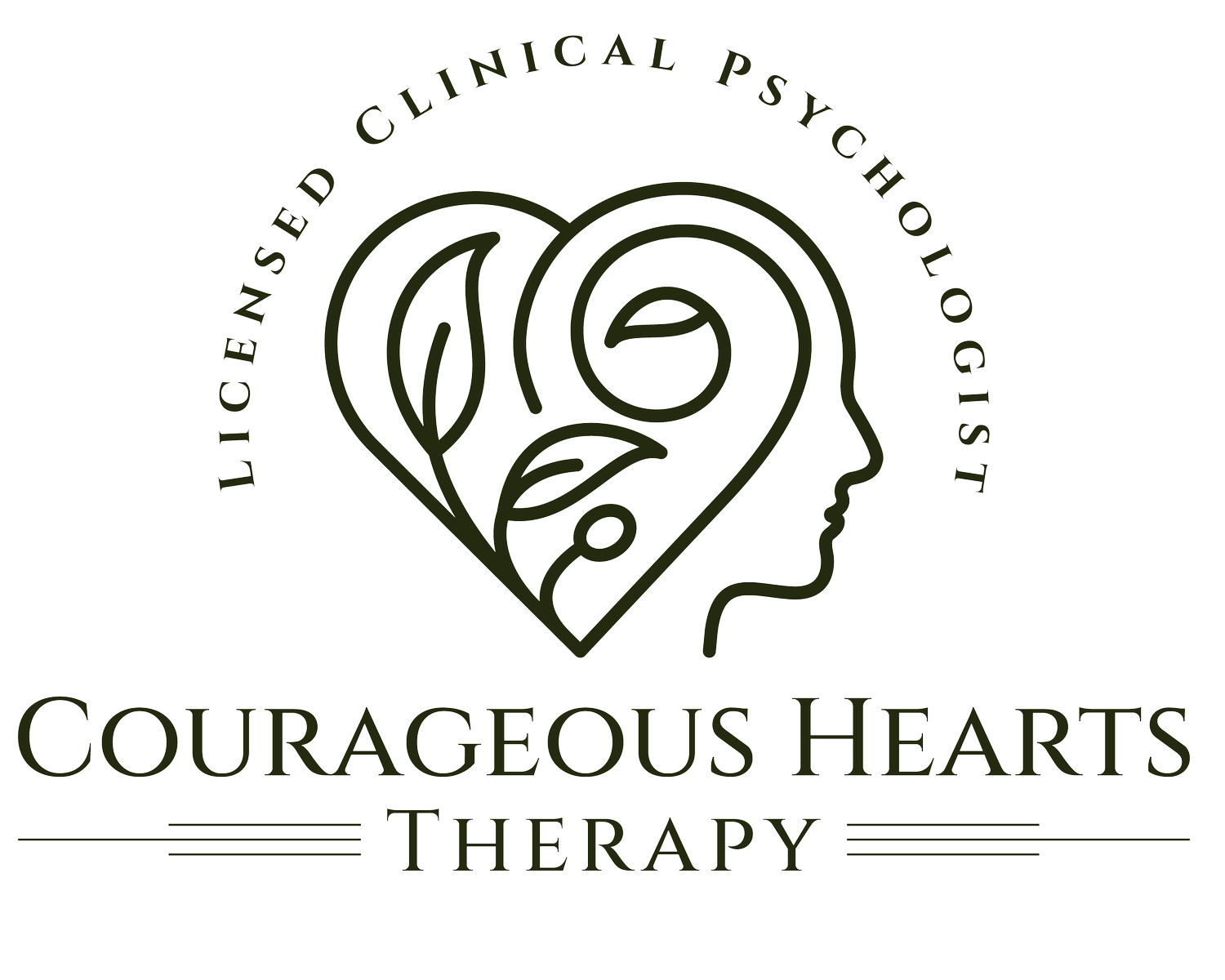Taking Care of Your Mind by Taking Care of Your Body
DBT PLEASE Skill: A Whole Person Approach to Mental and Physical Wellness
In Dialectical Behavior Therapy (DBT), one of the most foundational skills in the Emotion Regulation module is the PLEASE skill. It teaches us to take care of our bodies in ways that help stabilize mood, reduce vulnerability to emotion dysregulation, and support resilience.
But what happens when we expand this DBT skill through the lens of functional medicine and functional nutrition?
Let’s dive into the PLEASE skill—and explore how you can practice it holistically, by aligning it with individualized, root-cause approaches to health and healing.
What is the PLEASE Skill in DBT?
"PLEASE" is an acronym that reminds us of the importance of caring for our physical health to support emotional well-being. It stands for:
PL – Treat Physical Illness
E – Eat balanced and nutritious meals
A – Avoid mood-altering substances
S – Sleep regularly
E – Exercise
Each of these behaviors is a pillar not only of emotional regulation but also of total mind-body wellness.
Whole Person Health Meets DBT: Why This Matters
Functional medicine looks for the why behind symptoms, asking what imbalances, deficiencies, or environmental factors contribute to illness—whether physical or mental. In DBT, we also look for patterns of behavior and internal experiences that contribute to distress.
When you integrate DBT’s PLEASE skill with a functional approach, you empower your clients—or yourself—with tools to support both physiological and emotional regulation from the inside out.
Using the PLEASE Skill Functionally: A Breakdown
PL – Treat Physical Illness
In DBT, untreated physical illness can destabilize your mood, reduce frustration tolerance, and lead to self-sabotaging behaviors. Functional medicine encourages identifying the root causes of these illnesses rather than masking symptoms.
Functional Suggestions:
Work with a functional practitioner to explore chronic issues like inflammation, gut dysbiosis, thyroid imbalance, or hormonal dysregulation.
Support immune health with anti-inflammatory nutrition (e.g., omega-3s, leafy greens, turmeric).
Don’t ignore subtle symptoms (e.g., fatigue, brain fog, irregular cycles). These can be signs of deeper imbalances that also impact mental health.
DBT in Action: Ask yourself, What is one small action I can take today to support my physical health? This could be booking a healthcare appointment you’ve been avoiding.
E – Balanced Eating
This step asks us to nourish our bodies in a way that supports stable mood, energy, and concentration. DBT suggests regular, balanced meals, but functional nutrition asks: Are those meals aligned with your body’s unique needs?
Functional Suggestions:
Focus on blood sugar regulation: Eat protein, fat, and fiber at every meal to avoid spikes and crashes in energy and mood.
Consider nutrient deficiencies often linked to mood issues: magnesium, B12, folate, omega-3s, and vitamin D.
Consider food sensitivities and gut health: Poor digestion, bloating, or food intolerances may contribute to mood dysregulation.
DBT Tip: Use mindfulness when eating. Are you eating on autopilot? Are you listening to your hunger/fullness cues? Bringing attention to how food affects your body and mood can reinforce DBT’s “Wise Mind” practice.
A – Avoid Mood-Altering Substances
From a DBT standpoint, substances like alcohol, nicotine, and non-prescribed drugs increase vulnerability to emotional reactivity and impulsivity. Functional medicine agrees but expands the conversation.
Functional Suggestions:
Look for hidden substances that may be affecting mood: caffeine or processed sugars.
If using substances to self-medicate (e.g., alcohol for anxiety or sleep), work with a provider to support you in making changes.
DBT Skill Pairing: Use Opposite Action or ACCEPTS distress tolerance skills when cravings or urges arise.
S – Sleep (The Root of Regulation)
Both DBT and functional health highlight the importance of consistent, restful sleep. Without it, the brain is more reactive, and emotion regulation becomes much harder.
Functional Suggestions:
Support natural circadian rhythms by getting morning sunlight and avoiding screens before bed.
Track sleep using a journal or app—notice patterns with food, mood, or menstrual cycles.
Address root causes of insomnia: cortisol dysregulation, melatonin deficiencies, gut-brain imbalances.
Simple Habit: Start with a consistent bedtime and create a calming wind-down ritual—herbal teas, breathwork, or a DBT mindfulness practice.
E – Exercise (Move Your Mood)
Movement is one of the fastest ways to shift emotional states and increase distress tolerance. DBT emphasizes regular exercise to maintain emotional stability, and functional medicine tailors that movement to your body’s capacity.
Functional Suggestions:
Consider low-impact movement (walking, yoga, swimming) if you're recovering from illness or burnout.
For energy and hormone support, incorporate strength training, which stabilizes insulin, cortisol, and neurotransmitters.
Exercise outdoors to boost vitamin D and reduce cortisol.
DBT Skill Tip: Pair self-soothing or mindfulness with movement. Try walking mindfully or doing a yoga session while focusing on breath awareness.
Putting It All Together: A Whole Person PLEASE Plan
You don’t have to overhaul your lifestyle overnight. Choose one area to begin with. Ask yourself:
Where am I most vulnerable right now—physically or emotionally? What’s one small change I can make to support myself holistically?
Here’s an example:
PLEASE SKILL ACTION
PL Schedule a healthcare appointment you’ve been avoiding
E Add protein and fiber to breakfast daily
A Reduce substances that could be mood altering like caffeine or alcohol
S Power down electronics 1 hour before bed
E Take a 20-minute walk in morning sunlight
Final Thoughts
The PLEASE skill is more than a checklist—it’s a radical act of self-respect. When we care for the body, we support the mind. And when we integrate DBT with whole person health principles, we offer ourselves a pathway toward not just surviving—but thriving.
Whether you’re a DBT client, therapist, or someone looking to deepen their wellness journey, remember: your body is not the enemy—it’s the ally in your emotional healing.
